China's consumer inflation eased in February to a one-year low, providing more room for the government to step up macroeconomic policy support amid multiple domestic and external pressures, analysts said on Thursday.
China's consumer price index, a main gauge of inflation, climbed 1 percent from a year earlier in February, down from a three-month high of 2.1 percent in January, data from the National Bureau of Statistics showed on Thursday.
The slower CPI increase in February was mainly affected by a pullback in consumer demand after the Spring Festival holiday in January and ample market supplies, said Dong Lijuan, an NBS statistician.
Meanwhile, the producer price index, which gauges factory-gate prices, showed an annual fall for a fifth month in a row in February, declining by 1.4 percent from a year earlier, after a 0.8 percent annual contraction in January, the NBS said.
Zhou Maohua, an analyst at China Everbright Bank, said the PPI dropped deeper in February mainly due to a high comparison base in the previous year, while the slower growth in CPI is mainly affected by the different timings of the Chinese New Year holiday, which took place in February last year but January this year.
Zhou said he believes consumer prices may gradually rebound with a recovery in consumer demand. For the full year of 2023, China's consumer inflation is set to remain mild and controllable while PPI may continue to decline, leaving room for further policy easing and adjustment.
He added that many domestic midstream and downstream manufacturing still face the pressures of high costs, and efforts should be made to consolidate economic recovery.
"Inflation is unlikely to become a policy constraint in China, giving plenty of room for the government to step up policy support in terms of boosting domestic demand and spurring consumption," said Wen Bin, chief economist at China Minsheng Bank.
For the full year of 2023, China will target an inflation rate of around 3 percent, which will ensure consistency in policies and goals, stabilize market expectations and give itself room to maneuver, according to the Government Work Report delivered at the two sessions on Sunday.
"The CPI inflation may increase moderately to 2.6 percent in 2023, well within the official inflation target," said Lu Ting, chief China economist at financial services firm Nomura.
According to him, the CPI target of around 3 percent should not generate any material obstacles for Beijing to implement pro-growth policies, and his team expects monetary policy to remain accommodative in China this year, which stands in sharp contrast to other major economies in the world where interest rates are already at decade-high levels.
"We view the space for the People's Bank of China, China's central bank, to cut benchmark medium-term lending facility rates as still quite limited, as regulators need to protect bank profit margins. However, the inflation downside surprise could slightly raise the probability of a moderate rate cut in the next couple of months," Lu said.








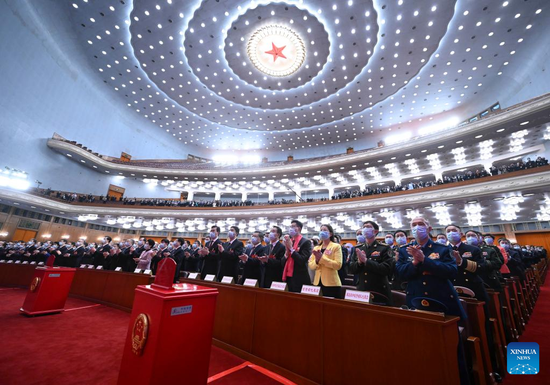
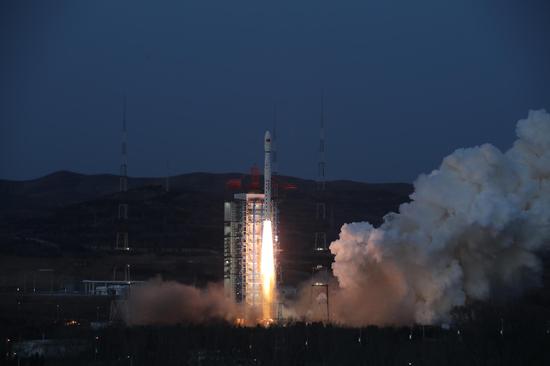
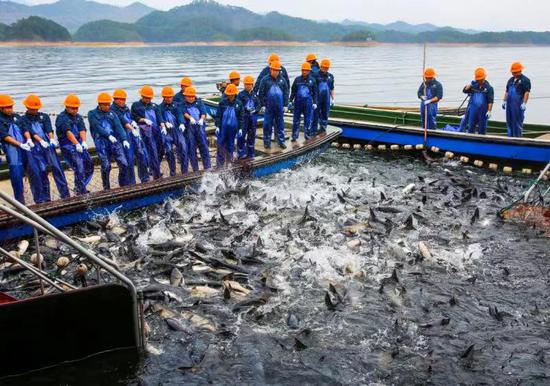

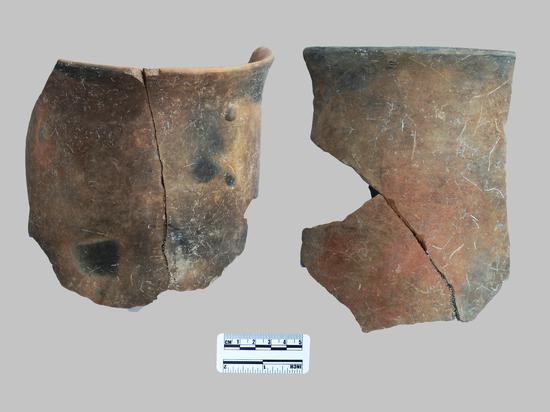
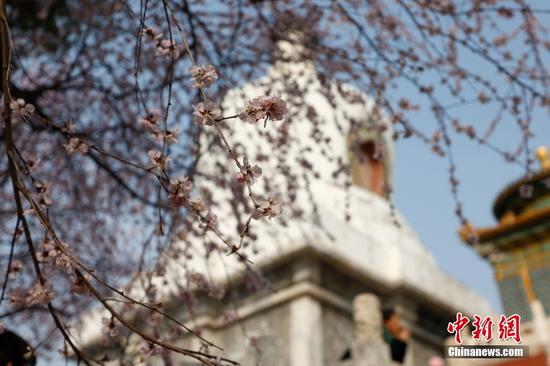


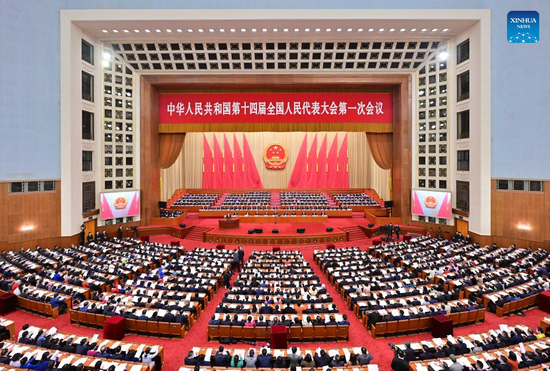
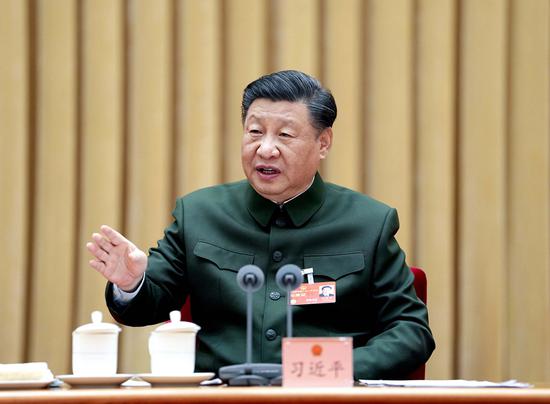
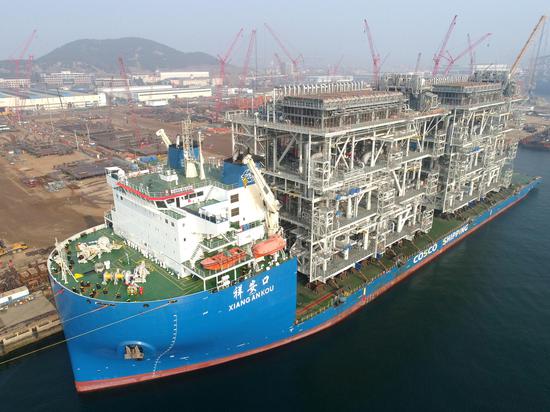




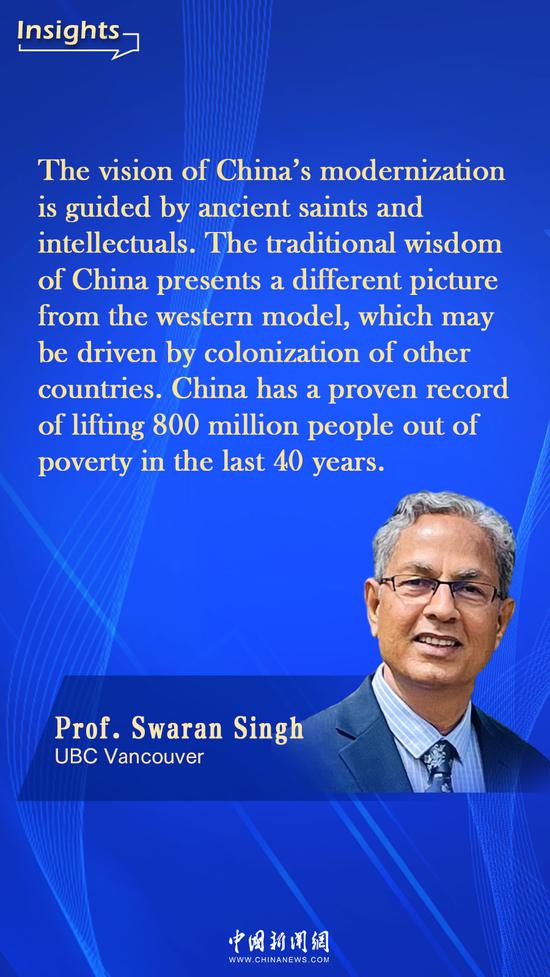
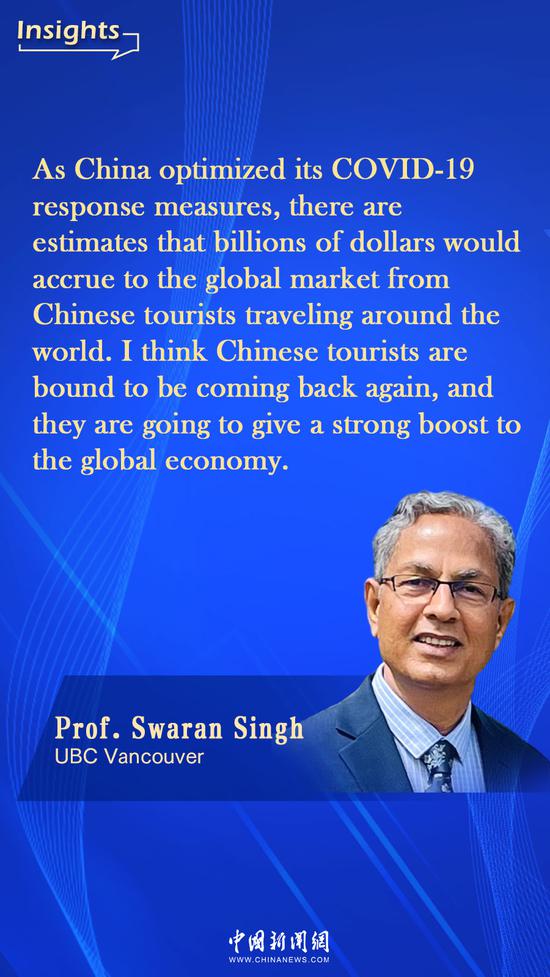


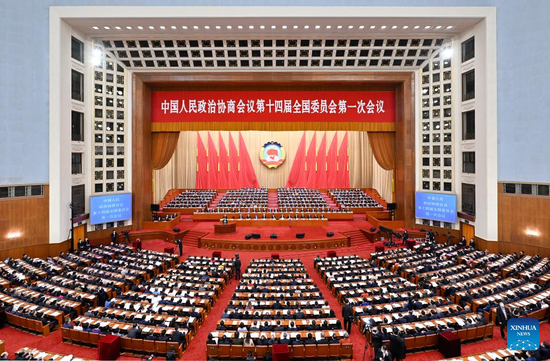
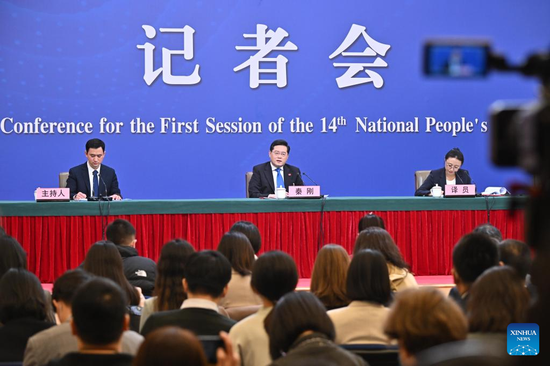
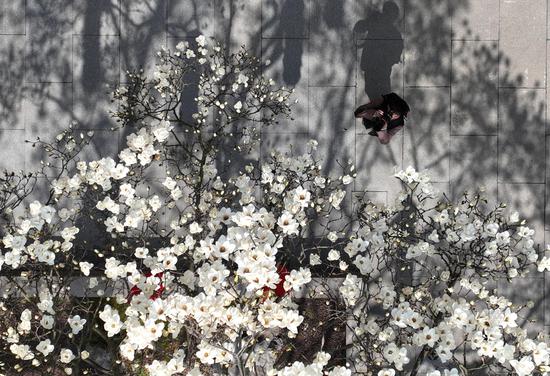


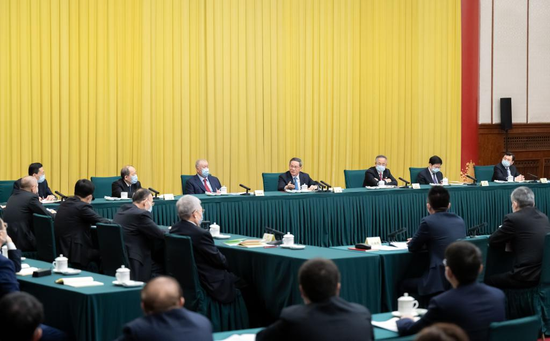
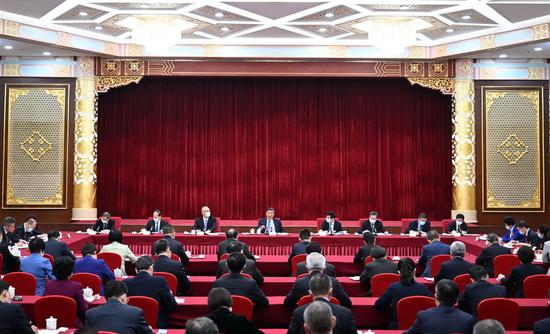
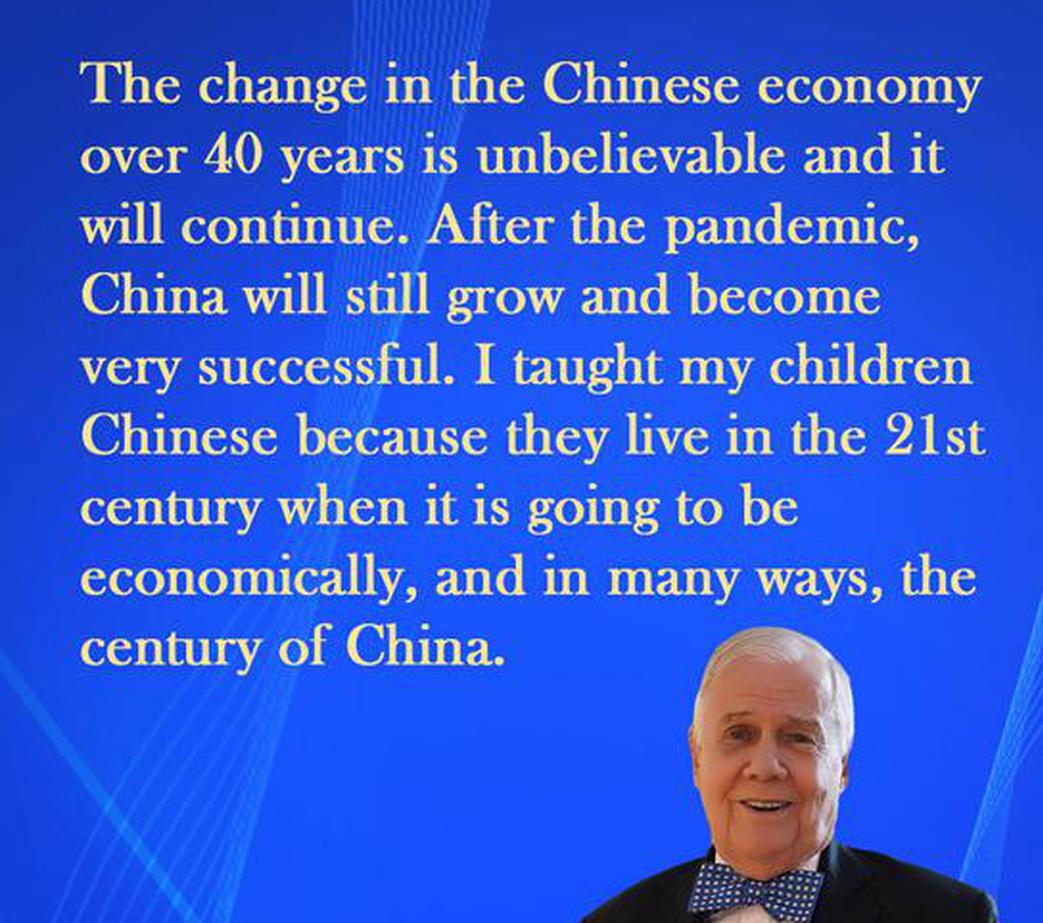
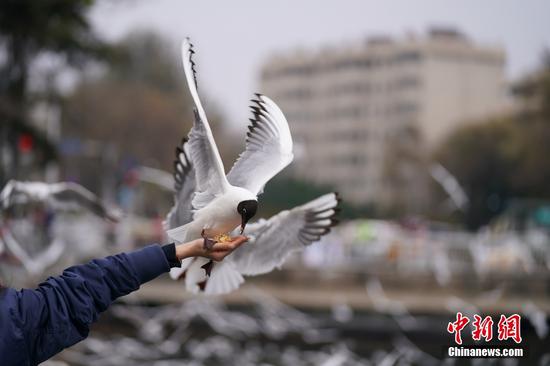
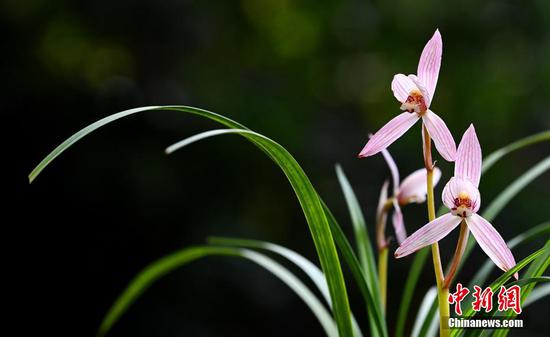
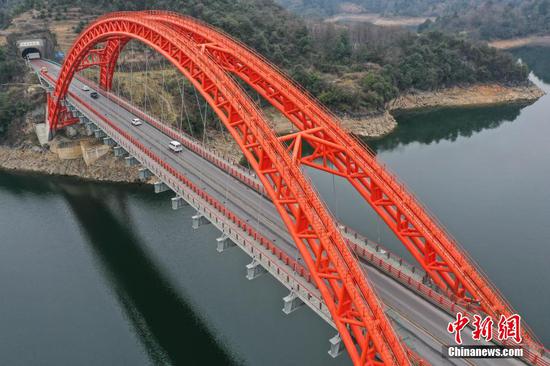

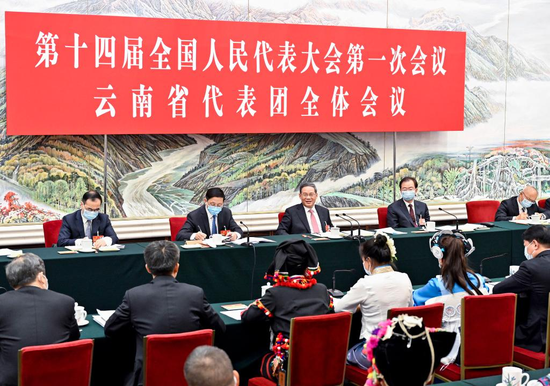
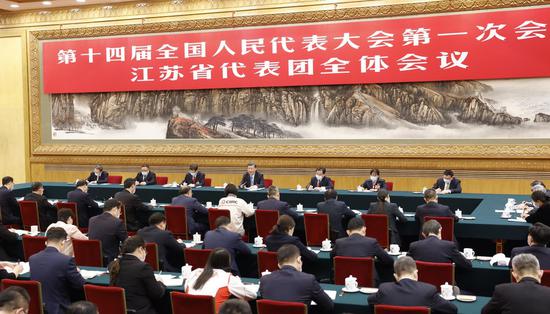

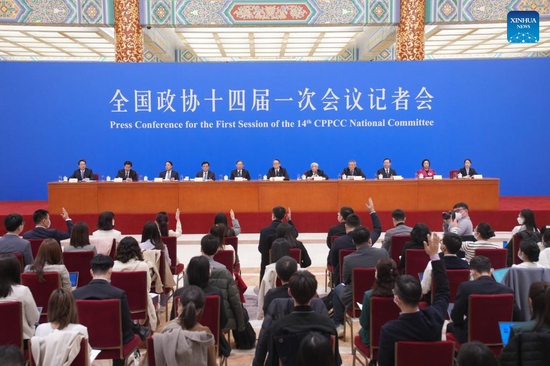
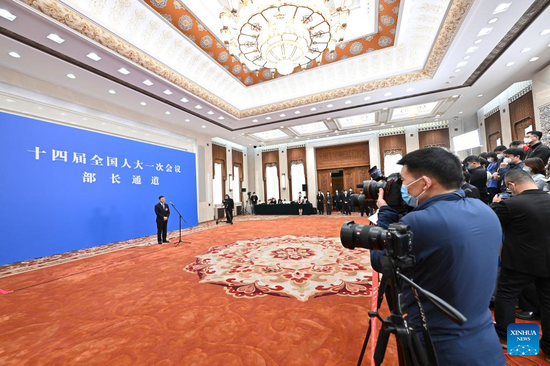





 京公网安备 11010202009201号
京公网安备 11010202009201号